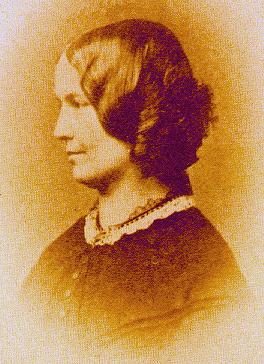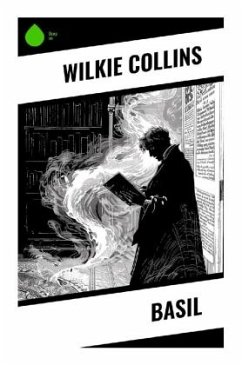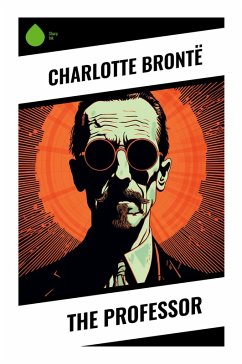
Shirley
Versandkostenfrei!
Versandfertig in 6-10 Tagen
18,20 €
inkl. MwSt.

PAYBACK Punkte
0 °P sammeln!
Set against the turbulent backdrop of the industrial revolution, Charlotte Brontë's "Shirley" delves into the lives of women grappling with the limitations imposed by society and class. The novel employs a rich, intricate narrative style characterized by vivid characterizations and socio-political commentary, interwoven with themes of gender roles and economic struggle. Brontë's exploration of the dichotomy between personal ambition and societal expectations elevates "Shirley" beyond mere romance, situating it within the broader context of feminist literature and the historical narrative of ...
Set against the turbulent backdrop of the industrial revolution, Charlotte Brontë's "Shirley" delves into the lives of women grappling with the limitations imposed by society and class. The novel employs a rich, intricate narrative style characterized by vivid characterizations and socio-political commentary, interwoven with themes of gender roles and economic struggle. Brontë's exploration of the dichotomy between personal ambition and societal expectations elevates "Shirley" beyond mere romance, situating it within the broader context of feminist literature and the historical narrative of early 19th-century England. Charlotte Brontë, one of the foremost figures of Victorian literature, wrote "Shirley" during a time of personal and societal upheaval. As the daughter of a clergyman and a survivor of familial loss, her experiences profoundly shaped her views on gender and class. Engaging with the real-life events such as the Luddites' uprising, Brontë infused her characters with depth, reflecting her empathy towards marginalized figures in an evolving society. Readers seeking a profound exploration of women's struggles and resilience amid societal change will find "Shirley" a compelling and enriching experience. Brontë's masterful prose and acute social observations make this work an essential read for those interested in the interplay of personal agency and societal constraints.













